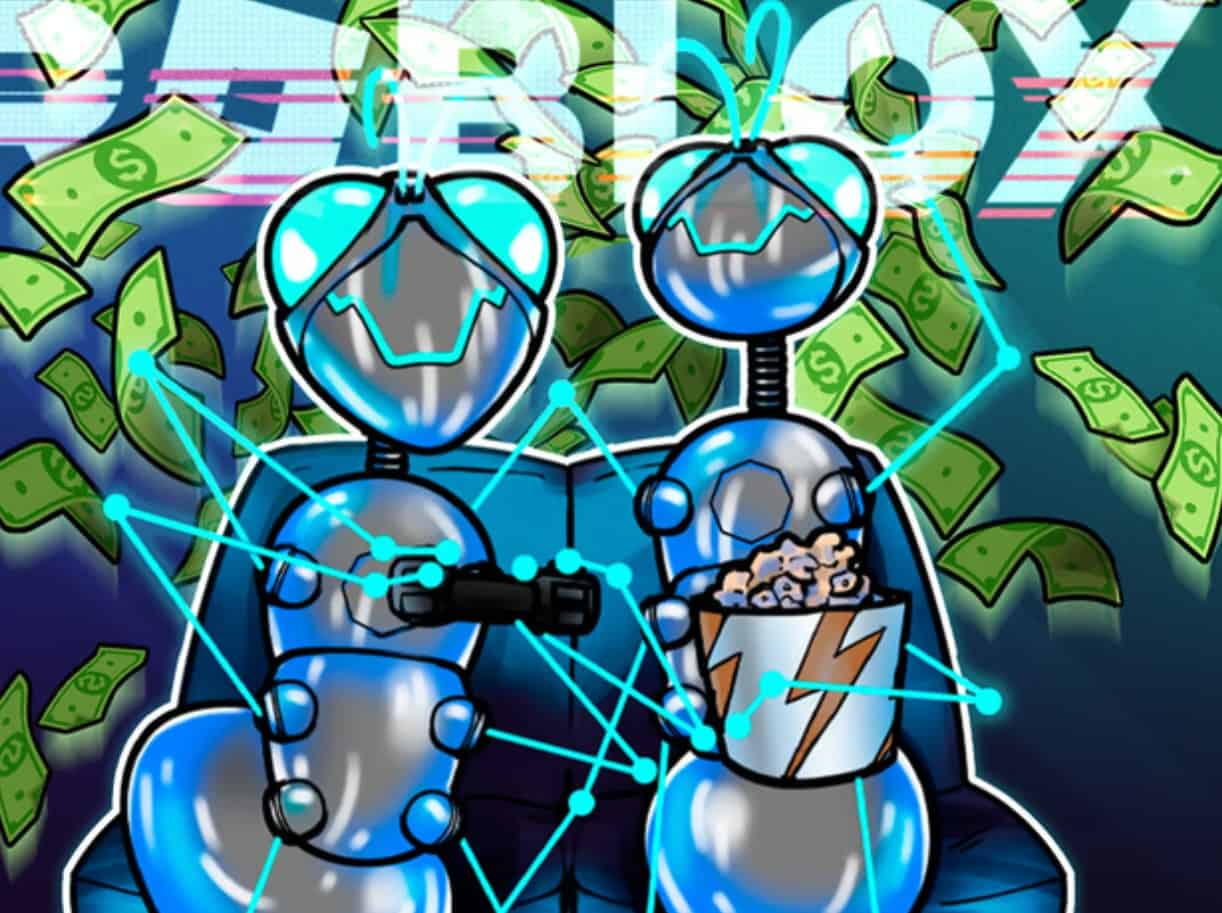
The Roblox Corporation recently announced a slew of updates to its gaming and development platform. Chief among the impending changes is a new policy allowing developers to sell paid games on the platform in exchange for fiat money, expanding Roblox’s policy on only charging users in its “Robux” virtual currency.
Roblox also announced a partnership with Shopify that will allow players to purchase physical merchandise from within digital experiences. These changes are being implemented to expand the Roblox community and attract more developers, according to the company’s CEO and founder, David Baszucki.
The announcements were made during the company’s annual developer’s conference in San Jose, California.
Per a post on the Roblox website, the company plans to allow developers to price paid experiences in fiat currency on desktop this year, with plans to adopt the program for other platforms at a later date.
Revenue Shares
Developers will also be eligible to earn a higher revenue share with the new program. The developer’s cut will depend on a tiered scheme based on pricing. For example, experiences costing $9.99, $29.99, and $49.99 would receive “50%, 60%, and 70% revenue share, respectively,” wrote Baszucki.
The Shopify integration will happen sometime “early next year,” with plans to expand later, according to the blog:
“We plan to integrate with various e-commerce platforms, and are excited to announce our first partnership with Shopify. This means that creators who sell physical goods with Shopify will be able to sell those same products in a Roblox experience. We’ll pilot this solution later this year with a handful of creators, brands, and e-commerce partners.”
Roblox stocks saw a boom in the COVID era as children, the platform’s primary demographic, increasingly used the platform for social gaming. In the years since however, its dipped by approximately 40%.
Currency diversity
The move to diversify the platform’s economy toward fiat currency could serve as a flare to the gaming industry. For example, luminaries such as 2K and Electronic Arts, the owners of the NBA 2K basketball and Madden football gaming franchises, have largely utilized virtual currencies in a bid to maintain their centralized transactional ecosystems.
Roblox’s move toward a more traditional marketplace may signal consumer exhaustion with unnecessary currency conversions for the purpose of transacting in a closed ecosystem. A shift back to fiat currency could incentivize developers to create more paid experiences on the platform.
In the greater Web3 gaming community, blockchain integration has largely addressed this issue by giving consumers platform-agnostic access to most experiences.
